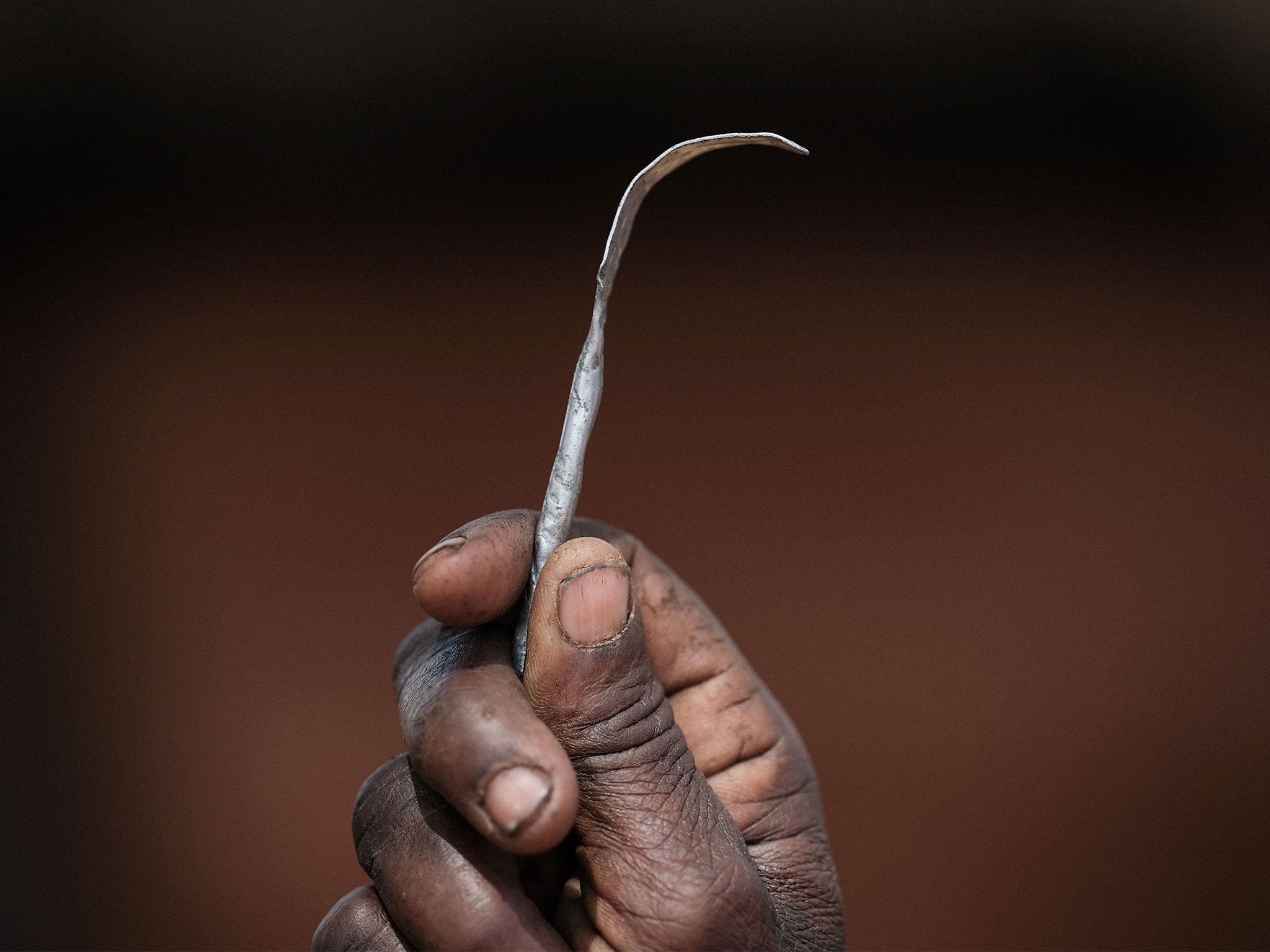Children under 11 should be taught about FGM, campaigners say
New compulsory secondary education on FGM will come too late for some girls, experts warn

Your support helps us to tell the story
From reproductive rights to climate change to Big Tech, The Independent is on the ground when the story is developing. Whether it's investigating the financials of Elon Musk's pro-Trump PAC or producing our latest documentary, 'The A Word', which shines a light on the American women fighting for reproductive rights, we know how important it is to parse out the facts from the messaging.
At such a critical moment in US history, we need reporters on the ground. Your donation allows us to keep sending journalists to speak to both sides of the story.
The Independent is trusted by Americans across the entire political spectrum. And unlike many other quality news outlets, we choose not to lock Americans out of our reporting and analysis with paywalls. We believe quality journalism should be available to everyone, paid for by those who can afford it.
Your support makes all the difference.Primary school pupils should be taught about female genital mutilation (FGM) as part of relationship and health education, campaigners have said.
While secondary schools will teach it as a compulsory part of the curriculum from 2020, the National FGM Centre warns that for some vulnerable girls this will be too late.
Most girls who are subjected to mutilation are younger than 10, its research shows.
The centre said teaching younger pupils about the practice in an age appropriate way, would empower girls to speak up if they are at risk or have been a victim.
The process, which typically involves cutting away the labia, clitoris or other external parts of the genitals, was banned in England, Wales and Northern Ireland in 2003 but persists in some communities.
Young girls are often taken abroad to be cut and face significant risks from infection and blood loss, as well as long term physical, sexual and psychological effects.
Earlier this year, England saw its first successful prosecution of an FGM case, which involved a three-year-old girl mutilated by her mother.
The National FGM Centre - which is a partnership between children's charity Barnardo's and the Local Government Association - wants to see the practice completely stamped out by 2030.
It says teaching the issue across the country, regardless of the demographic of the community, is beneficial as it teaches children their body belongs to them and no-one is allowed to harm them.
Three new subjects – relationships education from primary school, relationships and sex education at secondary school, and health education for all ages – will be compulsory in schools in England from September 2020.
Under the plans, secondary school pupils in England will be taught about the physical and emotional harm caused by female genital mutilation (FGM) and other forms of honour-based abuse.
But currently, primary schools are not required to teach about the dangers of FGM.
Leethen Bartholomew, head of the National FGM Centre, said: "While some may have reservations about children being taught about this issue at primary school, the work of the National FGM Centre has shown this can be done in a child-centred, age-appropriate way."
"By teaching primary school pupils about FGM, we are empowering the next generation to speak up about the issue," he said. "But it's not just down to the next generation to break the silence.
"Everyone, regardless of their community, gender or profession must be part of this conversation, so FGM becomes less of a hidden crime."
A spokesman for the Department for Education said: "It is important that all children understand that FGM is an abhorrent crime which causes immeasurable harm to its victims and their families.
"From September 2020, as part of the new relationships and sex education curriculum, all children will be taught that FGM is a criminal offence and about the emotional and physical damage it causes.
"Whilst it must be taught in secondary school, primary schools can choose to teach it if they think it is appropriate for their cohort of pupils and provided it's taught in an age-appropriate way."
The National FGM Centre has produced guidance for primary school teachers about how to introduce the subject and how to engage with parents and support them in discussion with their children.
It comes as the Crown Prosecution Service issues new guidance stating that breast ironing, where a hot stone or other objects are used to delay a girl's breast growth, should be prosecuted as child abuse.
Additional reporting by PA
Join our commenting forum
Join thought-provoking conversations, follow other Independent readers and see their replies
Comments